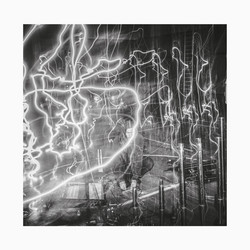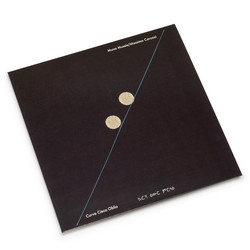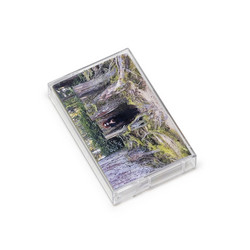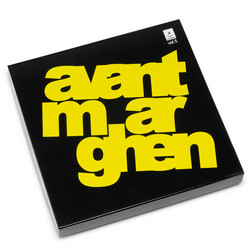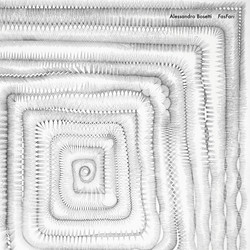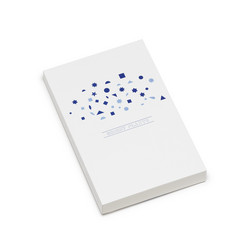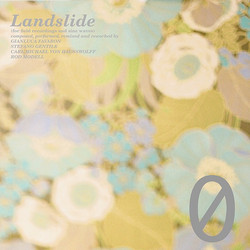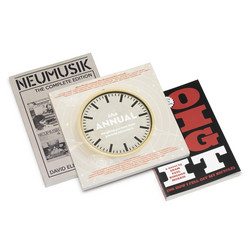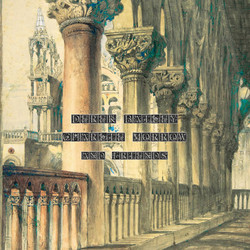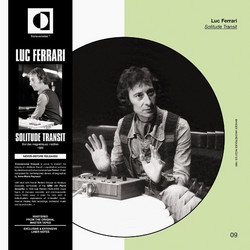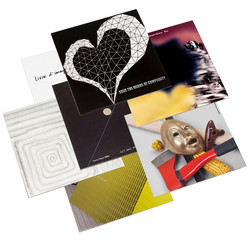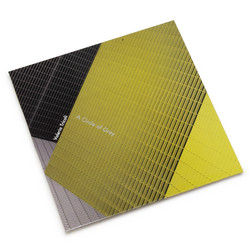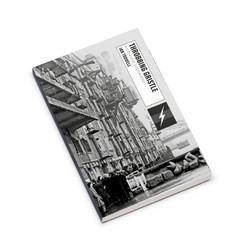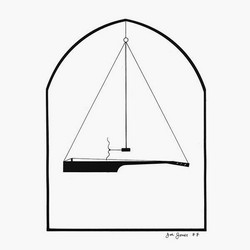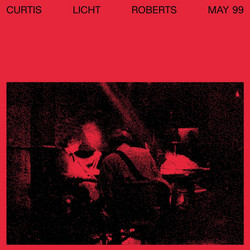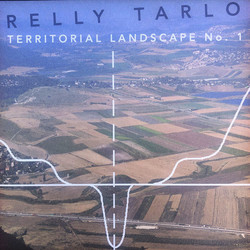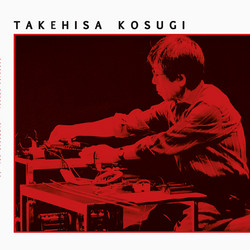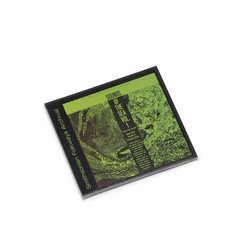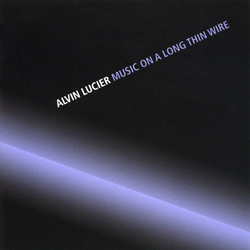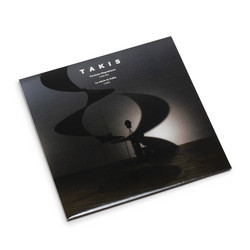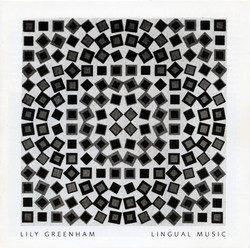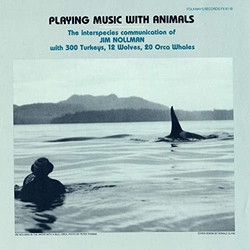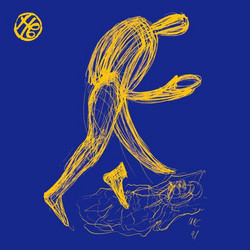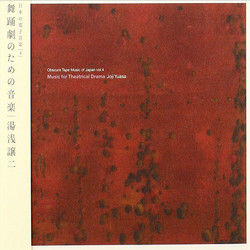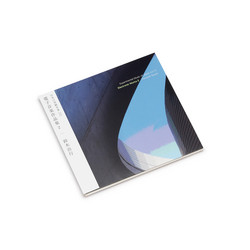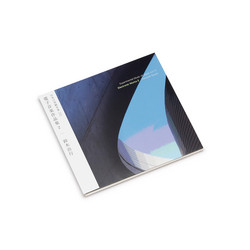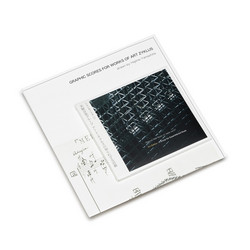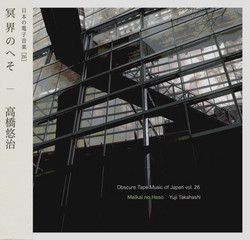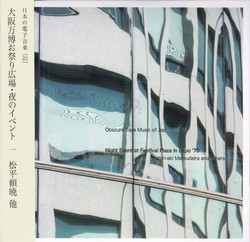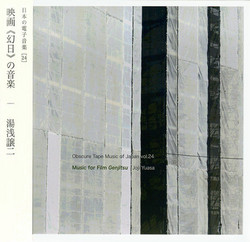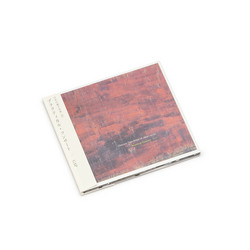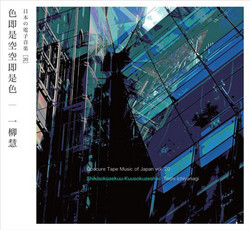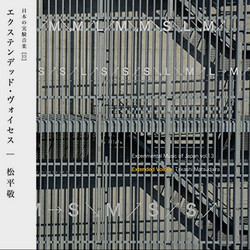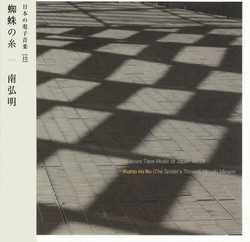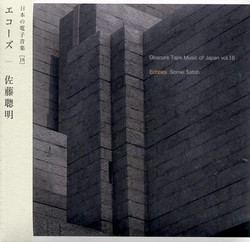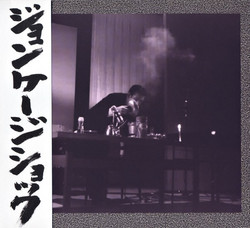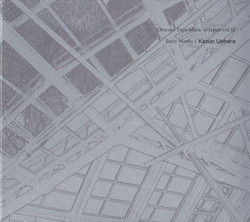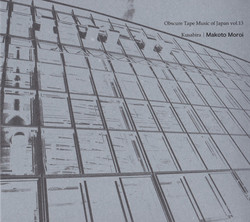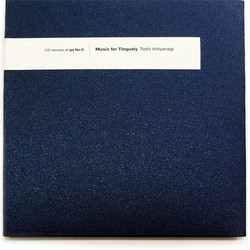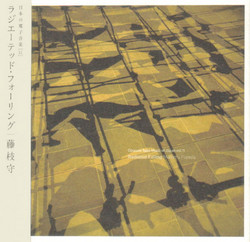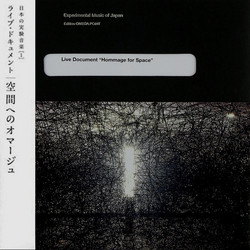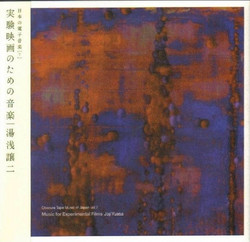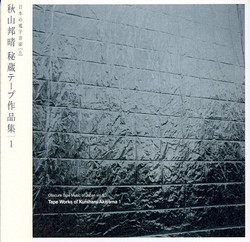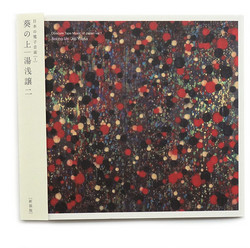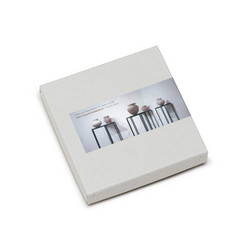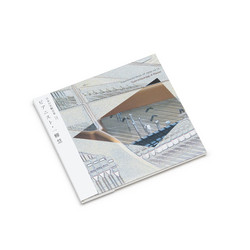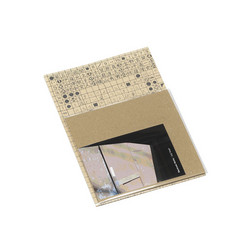Kosai Hori
Reading-Affair (CD + booklet)
Label: Edition Omega Point, Japanese Art Sound Archive
Series: Japanese Art Sound Archive
Format: CD + Book
Genre: Sound Art
Out of stock
**150 copies. Comes with seven inch square-sized sleeve & booklet** Kosai Hori was born in 1947 in Japan. This collection is the first selection of Hori’s sound works from the 1970s, a time in which he organized an art movement called Bikyoto Revolution Committee - Bijutsuka Kyoto Kaigi (Council of artists for a United Front, also known as Bikyoto) - together with artists like Naoyoshi Hikosaka, Nobuo Yamanaka and Yasunao Tone. In those days, Hori’s performance pieces employed various media such as tape recorders, typewriters and video cameras. Comes in a special designed package; texts are in Japanese and English. Collaboration work with Japanese Art Sound Archive.
Track 1: Memory Practice (Reading-Affair) - On the table is a newspaper of the day, which the pair alternatively read up letter by letter. Their voice is played by the two tape recorders with a little delay. The sound from the devices is picked up by the microphone and taken into the loop again with a delay. As this process repeats, the voices of the performers are, as it were, accumulated in the space. As time goes on, the howling from the sound equipment becomes increasingly louder.
Track 2: Act No.3 - A man reads aloud from a book clause by clause, with the recorded word “Revolution” in Hori’s voice inserted after each clause. Heard in the sound recording of this performance are Akugenta’s voice, Hori’s voice, the operating sound of the cassette tape recorders, and loud traffic noise from outside. Through an open window on the venue, the circular expressway of Tokyo could be seen.
Track 3: Report Vol.3 - The work has the subtitle 1500km Drive. On a motorbike, Hori headed from Tokyo towards the north, driving around Tohoku areas all day long while recording the sound of the ride until he came back to Tokyo again. Then he exhibited the motorbike over a white fabric laid in the exhibition venue, while an actor with his face painted in white rode it performing a pantomime of driving. In addition, Hori placed a tape recorder in an adjoining room to play the recording of his ride. The audience gathered in that room to listen to the sound. The title "Report" ["Chousho" in Japanese] is taken after the novel of the same name by Jean-Marie Gustave Le Clezio. However, the word also refers to the written records that the police make when investigating suspects, which Hori described as the "most alienated empty mark of a person."
Track 4: Report Vol.4 - This piece was performed at "Artists To-Day ‘73", Hori again recorded his own voice, speaking up what he saw on the way from his home to the venue. Once he arrived at the venue, he put a cassette tape recorder on a podium to play the recorded sound at a low volume and left the place.
Track 5: Memory Practice (Reading-Affair) - This performance used a tape-delay system similar to the one used in his 1977 piece, as well as the same fabric, but this time Hori himself appeared as one of the two performers with his face painted in white. Also, instead of newspapers and books, this re-enactment used the testimonies of the perpetrators of the Asama-Sanso incident of 1972, the Sakamoto family murder by Aum Shinrikyo in 1989 and the Kobe child murders of 1997, which the pair read aloud alternatively clause by clause.
Each track is an excerpt from the original tape.
